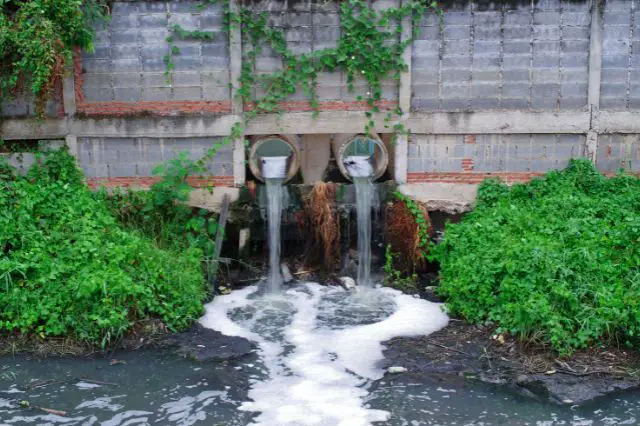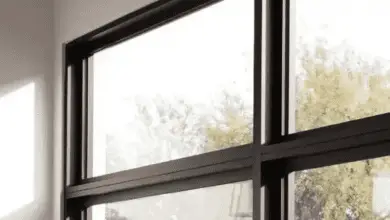What Are the Common Causes of Sewage Problems: Understanding the Factors

Many homeowners understand the effects water damage can have on their property. While there are several reasons why homeowners may experience water damage, one of the most common reasons is sewage problems. When sewage systems develop a fault, it prevents wastewater from flowing into the sewer.
This means that the water could flow back into your property, causing damage. If you’ve happened to suffer water damage from sewage problems, it’s best to contact professional water damage restoration services in Portland to help you restore the effects of the damage. Below, we discuss the causes of sewage problems and the influencing factors to avoid a recurrence in the future. Take a look.
Sewer Blockage
Most sewage problems often happen as a result of blocked sewers. Several factors can lead to clogged sewers, they include:
- Foreign Objects
Foreign objects flushed down the drain are one of the most common reasons for blocked sewers. Sewage systems aid in the disposal of wastewater from your home into a septic tank, but when there’s a blockage, it becomes difficult for wastewater to be channeled into the septic tank. This can lead to a backflow of sewage into your home. To avoid such problems, only dispose of liquid waste down the drain. Also, you can enlighten your kids about what should be disposed of down the drain and what goes in the trash.
- Fat, Oil, and Grease
Fat, oil, and grease often make their way down the drain while dishwashing, and over time, they can result in sewer blockage. Fat and grease accumulate quickly on the pipes of the sewer, reducing the diameter of the pipe that channels the sewage into the septic tank. Not only that, but they also collect other wastes, such as food particles, hair, or dirt that are flushed down the drain, further reducing the diameter of the sewer pipe and its efficiency. When this continues for a long time, the sewer pipes may become clogged completely.
When sewer pipes get clogged due to the accumulation of fat and grease, it’s usually difficult to clean up. In most cases, a new pipe system would have to be installed.
- Tree Roots
Trees are always seeking a source of water as it is necessary for their survival, and your sewage system can be a good water source. While this will provide some benefits to the tree, it will be disastrous for your sewer system. Tree roots growing into your sewer pipe can lead to sewer blockage. If there are trees planted close to your sewer pipes, there’s a likelihood that their roots would grow deeper and extend into the sewer pipes, limiting the passage of wastewater. In worse cases, they can destroy the pipes altogether. Getting rid of tree roots from your sewer pipe is often a difficult process. In most cases, the sewer pipe has to be replaced entirely.
Low Sewer Capacity
Sewers or septic tanks have various capacities to accommodate a specific amount of sewage. When sewers exceed their capacities, it can result in a variety of problems. First, it can cause wastewater to flow back into your home, which can cause structural damage as well as health hazards for you. Also, the wastewater can overflow from the sewer to the surrounding environment. When this happens, an outbreak of acute bacterial and parasitic diseases such as gastroenteritis, giardiasis, typhoid, and Hepatitis A usually follows.
If you notice that your sewer gets filled too soon, it could be that your sewage system is connected to the sewer system of another residential building or vice versa. You can have some contractors look at it to prevent sewer overflow from happening.
Flooding
Due to the increased amount of wastewater produced during flooding or heavy rainfall, water can get into your sewer, adding to the amount of waste contained in the sewer. This can cause the sewer system to get overburdened and eventually collapse.
Sewage problems can happen for various reasons, but understanding the factors that affect their occurrences would help you minimize or prevent the negative effects associated with them. Also, regular and proper maintenance can save you some of the inconveniences of most sewage problems. But if in any way you happen to experience these problems, don’t forget to contact the appropriate authorities. Sewage water often contains dirt, waste, and contaminants that can be hazardous to your health, and it should be avoided at cost. So avoid going the DIY route with this.





